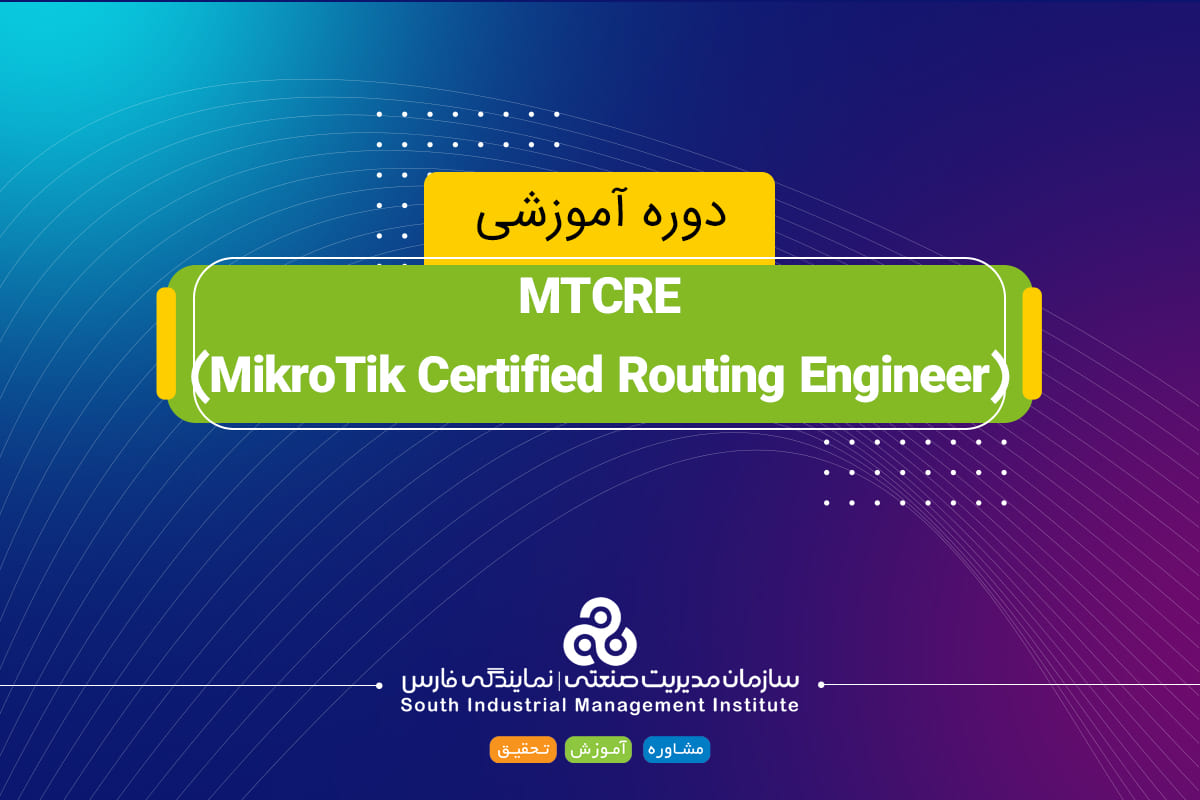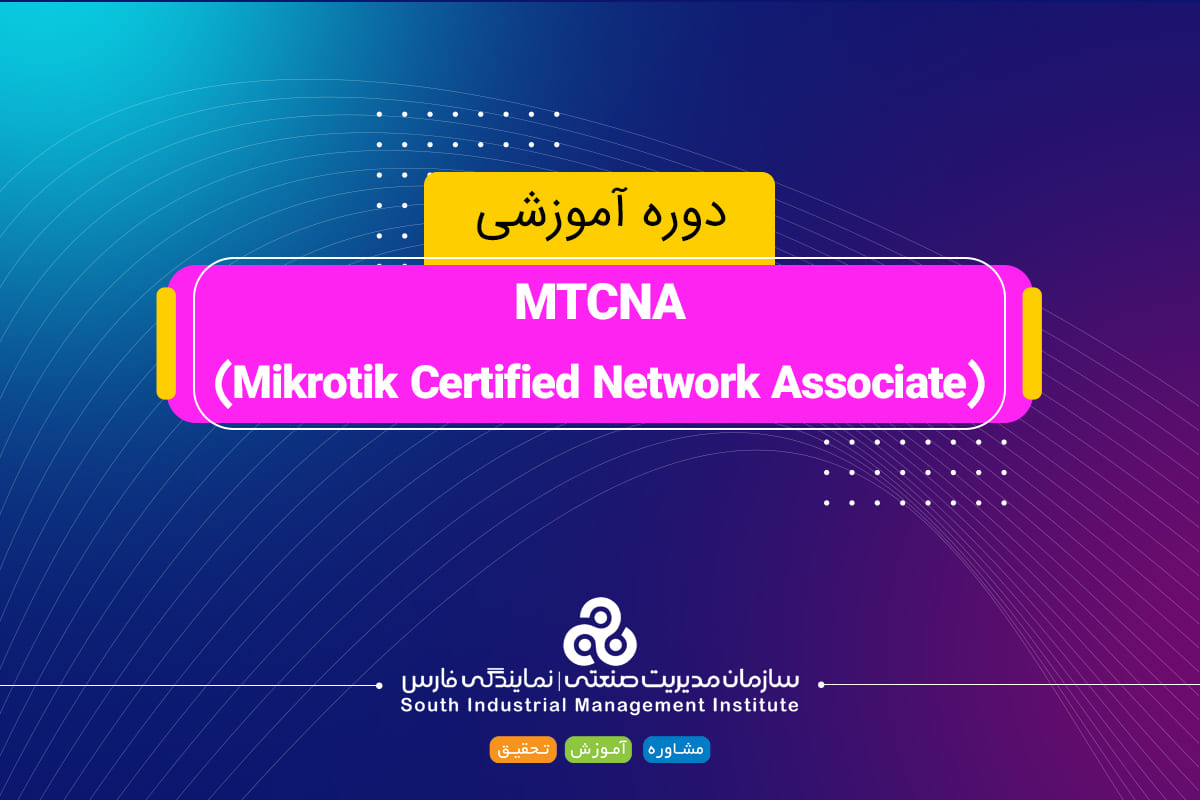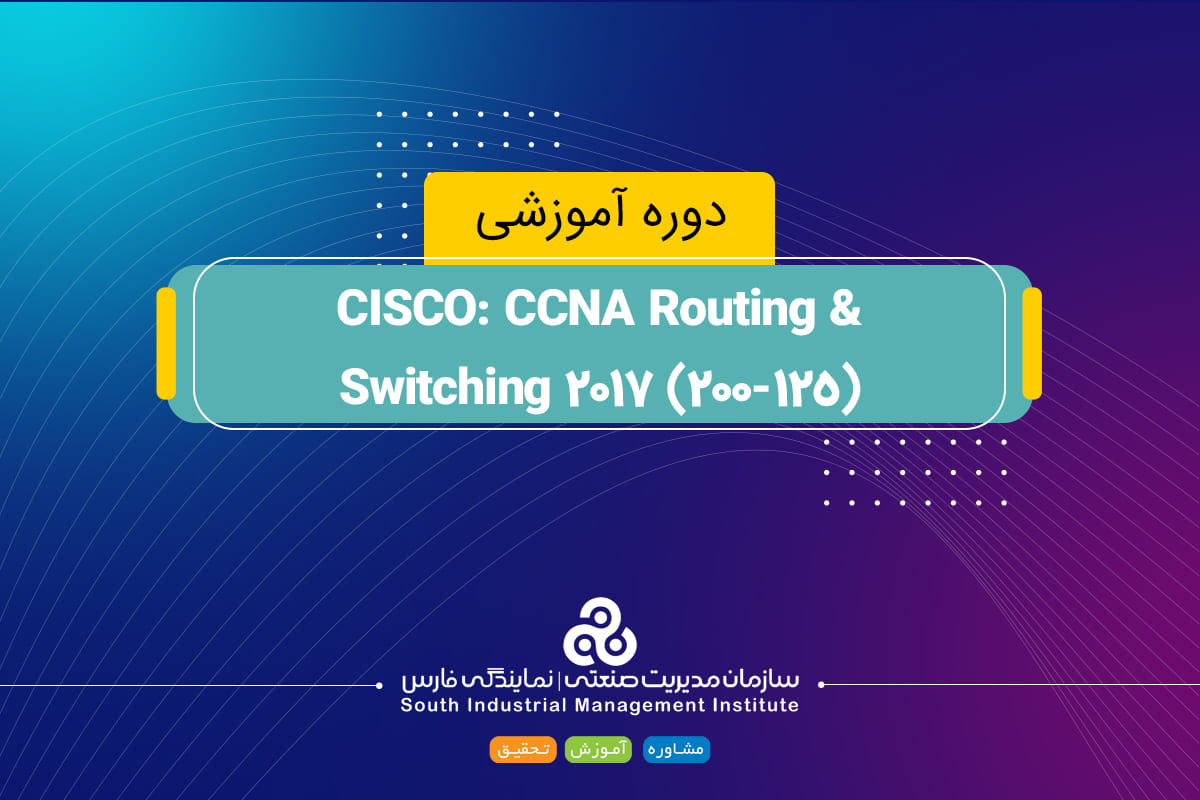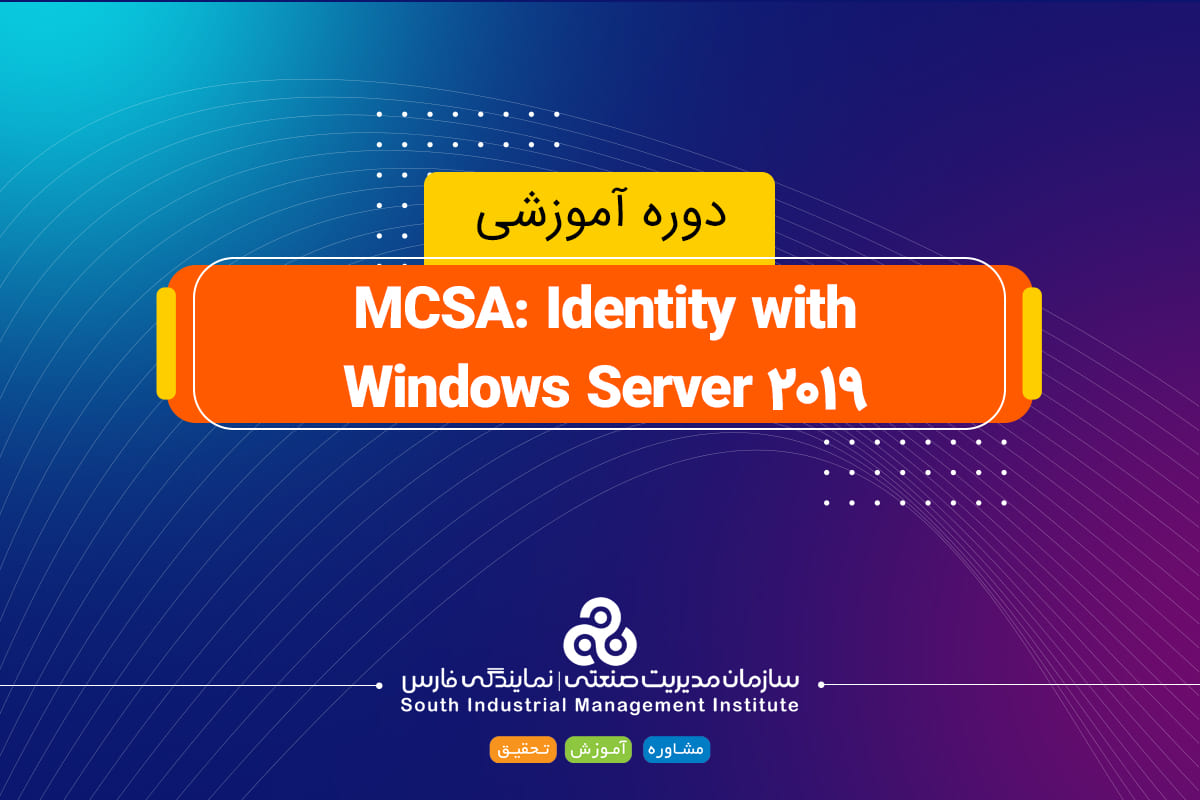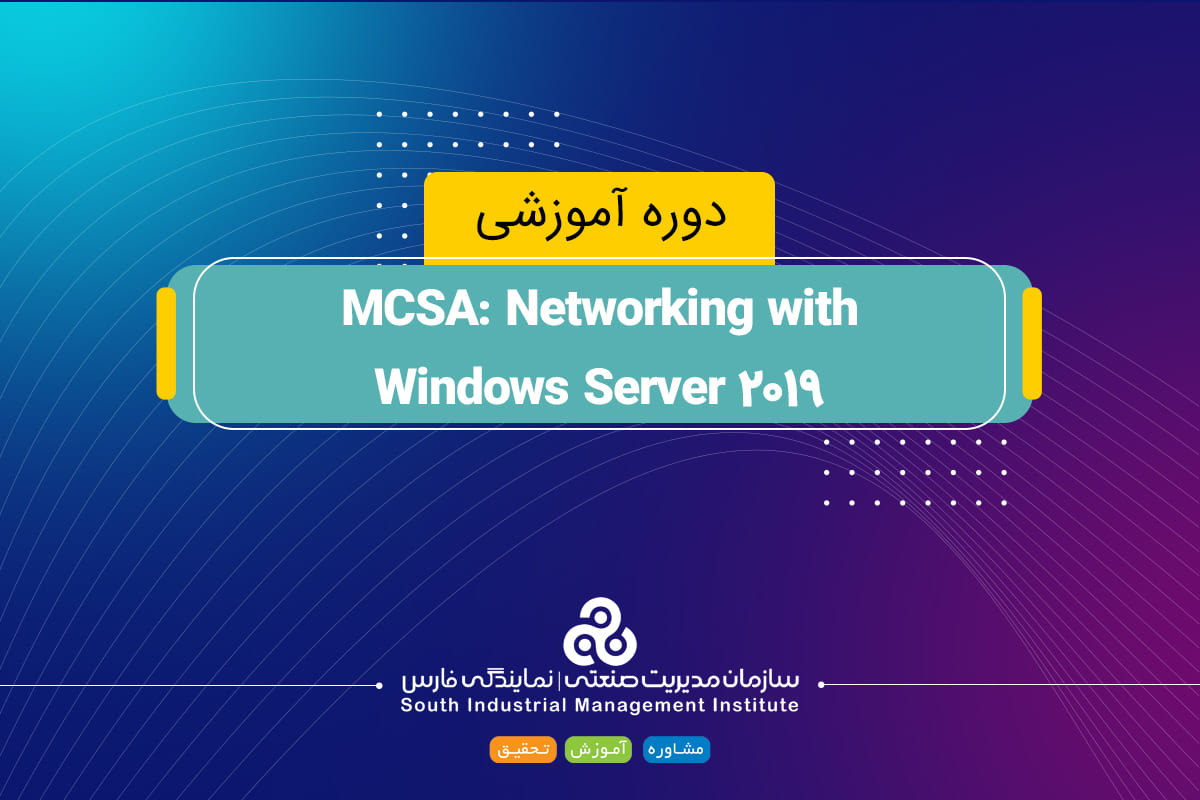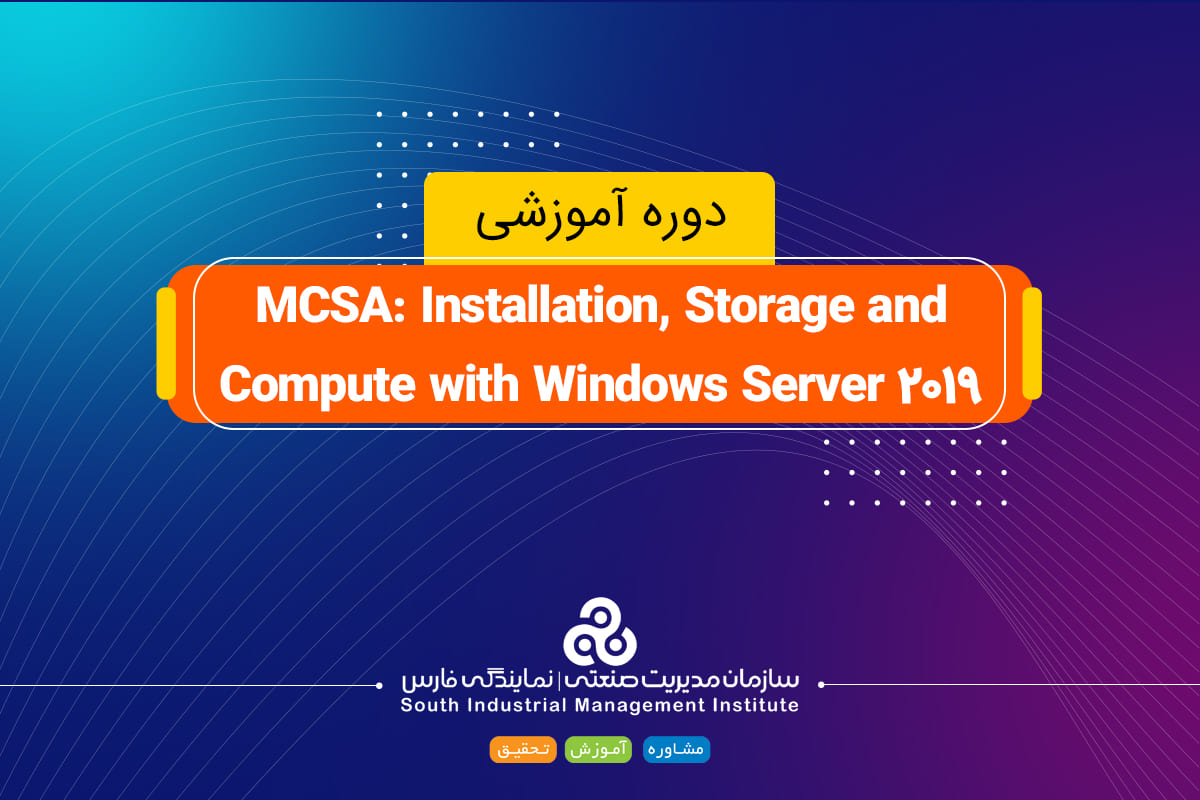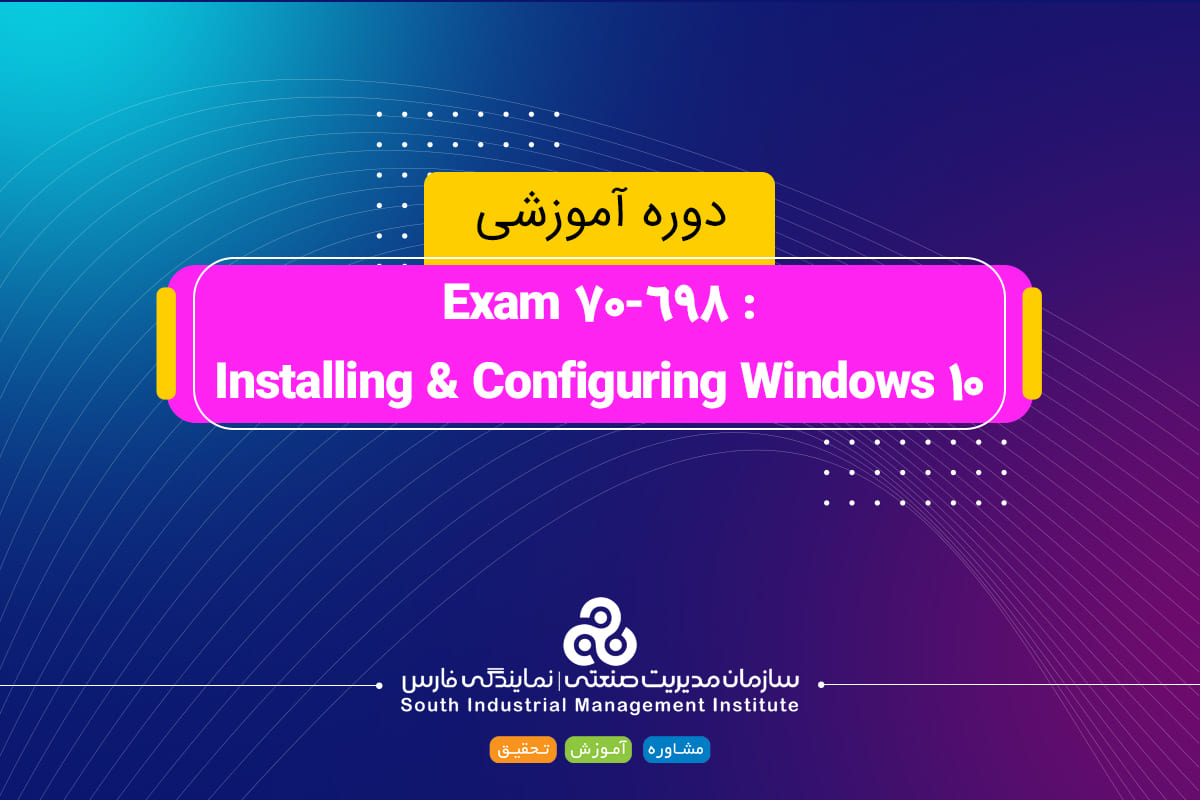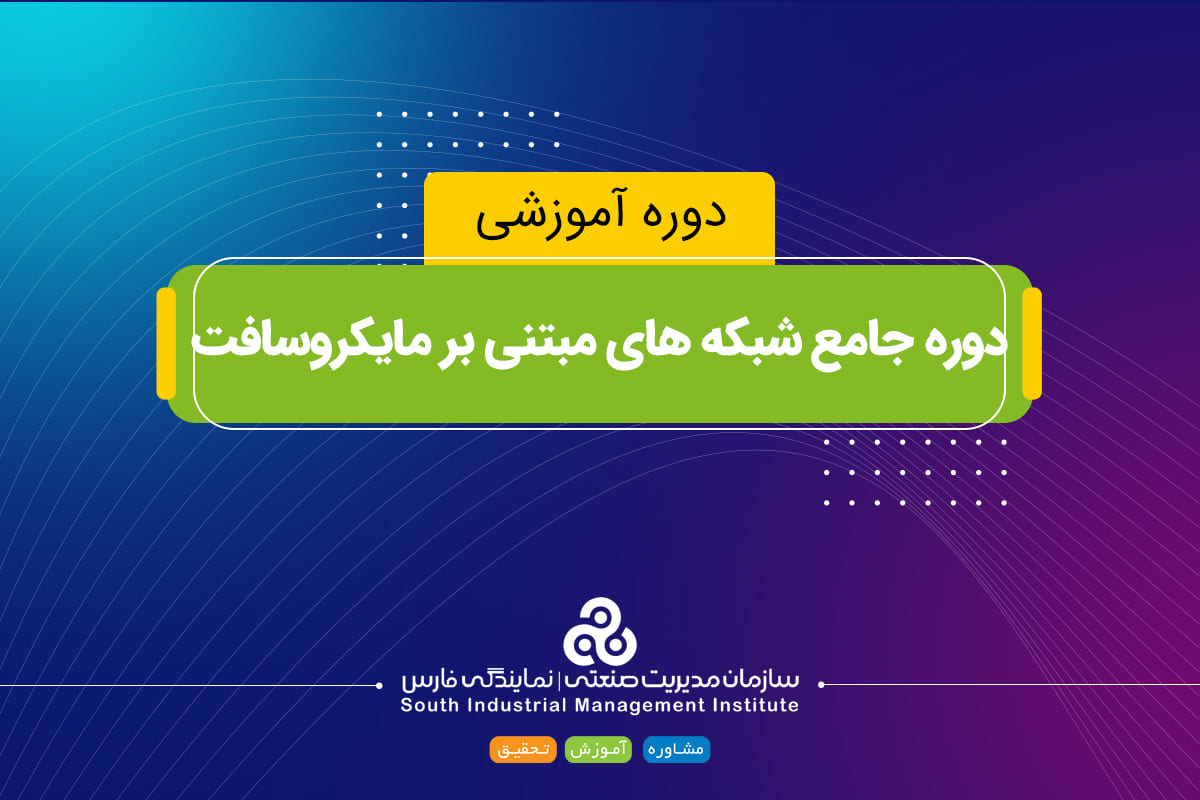درباره دوره
دانشجویان پس از پایان این دوره قادر خواهند بود:
با انواع شبکههای WAN , LAN و توپولوژیهای مربوطه آشنا شوند.
بعضی از توپولوژیهای مهم یک شبکه مانندStar و اصول کابل کشی شبکه را نصب و راهاندازی کنند.
پروتکلهای اصلی شبکه همانند TCP/IP , IPX/SPX , NetBios را کاملاً بررسی کنند و آشنا باشند.
بتوانند مدل OSI در شناخت چگونگی مذاکرات بین سیستمها را آنالیز نمایند.
با دستورات عیبیابی شبکه آشنا میشوند.
در مورد امنیت شبکه بررسی کنند.
با سرویسهای مهم شبکه همانند WINS , DNS , DHCP , IIS در یک شبکه Domain آشنا میشوند.
شبکههای Client- Server , Workgroup را بررسی نمایند.
پیشنیاز
تکنسین فنی کامپیوتر
سرفصل
Chapter 1)Computer Network Fundamentals
Defining a Network
The Purpose of Networks
Overview of Network Components
Networks Defined by Geography
LAN
WAN
Other Categories of Networks
CAN
MAN
PAN
Networks Defined by Topology
Physical Versus Logical Topology
Bus Topology
Ring Topology
Star Topology
Hub-and-Spoke Topology
Full-Mesh Topology
Partial-Mesh Topology
Networks Defined by Resource Location
Client/Server Networks
Peer-to-Peer Networks
Chapter 2)The OSI Reference Model
The Purpose of Reference Models
The OSI Model
Layer 1: The Physical Layer
Layer 2: The Data Link Layer
Media Access Control
Logical Link Control
Layer 3: The Network Layer
Layer 4: The Transport Layer
Layer 5: The Session Layer
Layer 6: The Presentation Layer
Layer 7: The Application Layer
The TCP/IP Stack
Layers of the TCP/IP Stack
Common Application Protocols in the TCP/IP Stack
Chapter 3)Network Components
Media
Coaxial Cable
Twisted-Pair Cable
Shielded Twisted Pair
Unshielded Twisted Pair
Plenum Versus Nonplenum Cable
Fiber-Optic Cable
Multimode Fiber
Single-Mode Fiber
Fiber Connector Polishing Styles
Media Converters
Cable Distribution
Wireless Technologies
Network Infrastructure Devices
Hubs
Bridges
Switches
Multilayer Switches
Routers
Infrastructure Device Summary
Specialized Network Devices
VPN Concentrators
Firewalls
DNS Servers
DHCP Servers
Proxy Servers
Content Engines
Content Switches
Virtual Network Devices
Virtual Servers
Virtual Routers and Firewalls
Virtual Switches
Virtual Desktops
Other Virtualization Solutions
Cloud Computing
Software-Defined Networking
Chapter 4)Ethernet Technology
Principles of Ethernet
Ethernet Origins
Carrier Sense Multiple Access Collision Detect
Distance and Speed Limitations
Ethernet Switch Features
Virtual LANs
Trunks
Spanning Tree Protocol
Corruption of a Switch’s MAC Address Table
Broadcast
Link Aggregation
Power over Ethernet
User Authentication
Chapter 5)IPv4 and IPv6 Addresses
Binary Numbering
Principles of Binary Numbering
Converting a Binary Number to a Decimal Number
Converting a Decimal Number to a Binary Number
IPv4 Addressing
IPv4 Address Structure
Classes of Addresses
Types of Addresses
Unicast
Broadcast
Multicast
Assigning IPv4 Addresses
IP Addressing Components
Static Configuration
Dynamic Configuration
BOOTP
DHCP
Automatic Private IP Addressing
Subnetting
Purpose of Subnetting
Subnet Mask Notation
Extending a Classful Mask
Borrowed Bits
Calculating the Number of Created Subnets
Calculating the Number of Available Hosts
Calculating New IP Address Ranges
Classless Interdomain Routing
IP Version 6
Need for IPv6
IPv6 Address Structure
IPv6 Address Types
IPv6 Data Flows
Unicast
Multicast
Anycast
Chapter 6)Routing IP Packets
Basic Routing Processes
Chapter 7)Wide-Area Networks
WAN Properties
WAN Connection Types
WAN Data Rates
WAN Media Types
Physical Media
Wireless Media
WAN Technologies
Dedicated Leased Line
T1
E1
T3
E3
CSU/DSU
Metro Ethernet
Point-to-Point Protocol
Point-to-Point Protocol over Ethernet
Microsoft RRAS
Digital Subscriber Line
Cable Modem
Synchronous Optical Network
Satellite
Plain Old Telephone Service
Integrated Services Digital Network
Frame Relay
Asynchronous Transfer Mode
Multiprotocol Label Switching
Overlay Networks
Chapter 8)Wireless LANs
Introducing Wireless LANs
WLAN Concepts and Components
Wireless Routers
Wireless Access Point
Antennas
Frequencies and Channels
CSMA/CA
Transmission Methods
WLAN Standards
۱۱a
۱۱b
۱۱g
۱۱n
۱۱ac
۸۰۲٫۱۱x Standard Summary
Chapter 9)Network Optimization
IP Addressing
Layer 1 Media
Layer 2 Devices
Layer 3 Devices
Wireless Design
Environmental Factors
Cost Savings Versus Performance
Topology
Chapter 10)Command-Line Tools
Windows Commands
arp
ipconfig
nbtstat
netstat
nslookup
ping
ping with IPv6
route
tracert
tracert with IPv6
PathPing
Chapter 11)Network Management
Maintenance Tools
Cable Tester
Crimper
Speed Test Sites
Throughput Tester
Chapter 12)Network Troubleshooting
Troubleshooting Basics
Troubleshooting Fundamentals
Structured Troubleshooting Methodology
Physical Layer Troubleshooting
Physical Layer Troubleshooting: Scenario
Physical Layer Troubleshooting: Solution
Data Link Layer Troubleshooting
Data Link Layer Troubleshooting: Scenario
Data Link Layer Troubleshooting: Solution
Network Layer Troubleshooting
Layer 3 Data Structures
Common Layer 3 Troubleshooting Issues
Network Layer Troubleshooting: Scenario
Network Layer Troubleshooting: Solution
Wireless Troubleshooting
Wireless Network Troubleshooting: Scenario
Wireless Network Troubleshooting: Solution
Specialized Network
مدرس / مدرسین

اسفندیاری

سجاد ایواز
تدریس دوره های MCSA ، CCNA ، MikroTik ، LPIC و +Network:
۹ سال در آموزشگاههای آزاد شیراز
۵ سال در شرکت هما رایانه فارس در رشته MCSE
۳ سال در موسسه آموزش عالی آزاد فاضل در رشته کامپیوتر (فراگیر پیام نور)
۱ سال در موسسه دیباگران سیستم عامل – Linux استانداردهای RHCE و LPIC
۵ سال دوره های آمادگی کنکور کاردانی به کارشناسی در موسسه آموزش عالی آزاد فاضل
۵ سال موسسه کاویان عمادی اصفهان (پروازی)
و…

